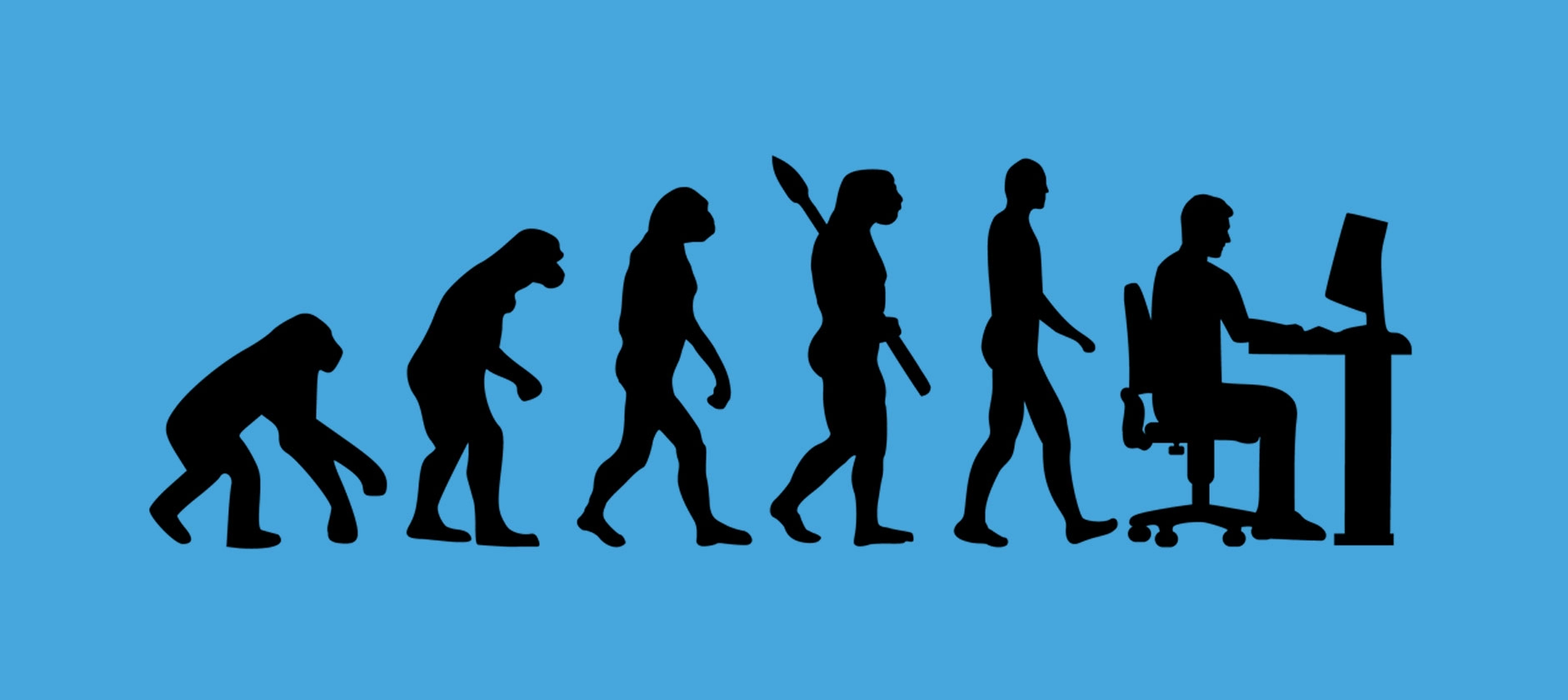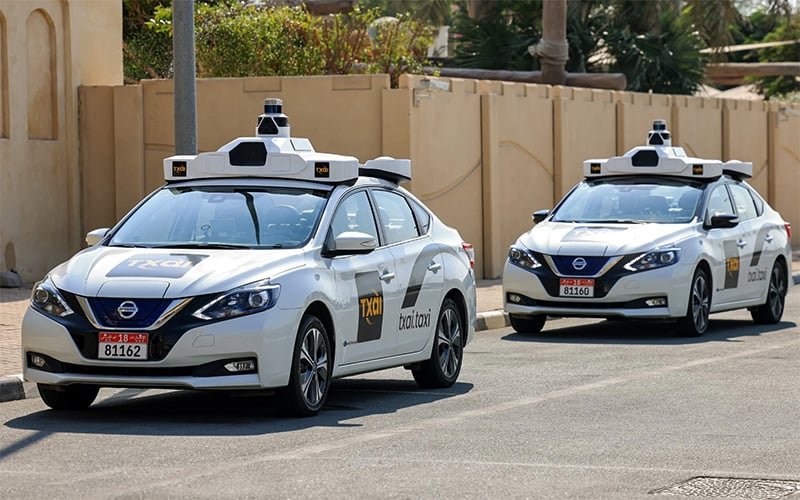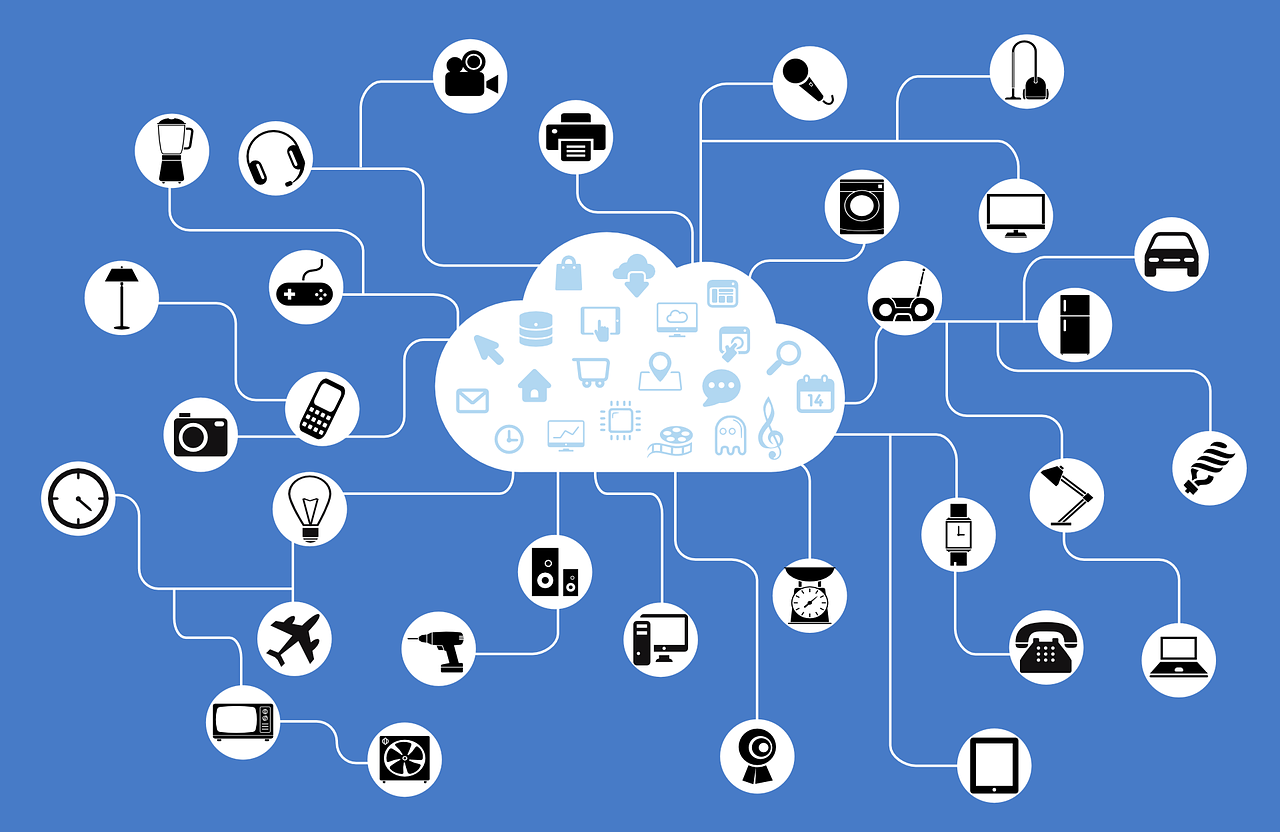Artificial Intelligence (AI) has captivated our imagination for decades, making its way from science fiction to reality. The story of AI is one of innovation, setbacks, and remarkable achievements. We must delve into its fascinating history to understand where AI is heading. This journey through time illuminates AI’s evolution and provides invaluable insights into the future. Join us as we unravel the intriguing tale of AI and explore the valuable lessons it offers for tomorrow’s technology landscape.
Table of Contents
The Birth of AI: From Dreams to Reality
The Pioneers of AI

In the mid-20th century, Machine Learning and Artificial Intelligence (AI) were mere dreams on the horizon. Visionaries like Alan Turing, John McCarthy, and Marvin Minsky laid the cornerstone for Machine Learning and Artificial Intelligence, establishing the mathematical and philosophical foundations. Turing’s groundbreaking Turing Test and McCarthy’s influential Dartmouth Workshop in 1956 marked the birth of AI as a formal field of study.
Early Days: Symbolic AI
During the nascent stages, AI primarily embraced Symbolic AI, concentrating on rule-based systems and symbolic reasoning. Although these early Machine Learning and AI systems excelled at solving logical and mathematical problems, they grappled with real-world complexities.
The Artificial Intelligence Winter
The fervor of the 1950s and 1960s gradually subsided, leading to the onset of the AI Winter in the 1970s. Funding dwindled, and progress slowed. Despite this temporary setback, Machine Learning and Artificial Intelligence continued to evolve quietly, poised for future resurgence.
Rise of Machine Learning: A Paradigm Shift
The Renaissance of Neural Networks
In the 1980s, neural networks emerged as a promising technique for AI, inspired by the human brain. However, in the 21st century, computational power and data availability allowed neural networks to flourish and ushered in the era of Deep Learning.

Big Data Revolution
The proliferation of the internet and digital technology led to an explosion of data. This data became the fuel for machine learning algorithms, enabling AI systems to learn and adapt, especially with the advent of Deep Learning.
Deep Learning: The Breakthrough
Deep learning, a subset of machine learning, gained prominence due to its extraordinary ability to process vast amounts of data. Neural networks with many layers, known as “deep” neural networks, became the cornerstone of transformative advances in fields like computer vision, natural language processing, and speech recognition, underlining the profound impact of Deep Learning on the AI landscape.
Lessons from the Past: What History Teaches Us
The Importance of Patience
AI’s journey through history reveals cycles of anticipation and letdown. It underscores the truth that true breakthroughs demand patience and unwavering commitment. In the realm of AI research, tenacity and persistence are not mere virtues but prerequisites for success.
Interdisciplinary Collaboration
The ascent of AI relies on the fusion of expertise from diverse fields. The convergence of insights from computer science, neuroscience, psychology, and more fosters ingenious AI solutions. Collaboration isn’t just an option; it’s the compass guiding AI’s evolution.
Ethical Considerations
As AI ascends to greater heights, ethical concerns loom larger. History teaches us to assess the moral dimensions of AI advancements and prioritize conscientious development. Our past serves as a reminder that ethical considerations must always be at the forefront of AI innovation.
AI in Practice: Real-World Applications
Healthcare
AI is spearheading a healthcare revolution, enhancing diagnostics, accelerating drug discovery, and elevating patient care. Machine learning models excel at deciphering medical images, forecasting disease outbreaks, and crafting personalized treatment regimens.
Finance
In the financial arena, AI plays a pivotal role in fraud detection, algorithmic trading, and risk assessment. AI-driven chatbots bolster customer support and streamline operational efficiency, driving innovation in the sector.
Autonomous Vehicles
The fruition of AI research is self-driving vehicles, with industry leaders such as Tesla, Waymo, and Uber at the forefront. These autonomous marvels are set to reshape the landscape of transportation as we know it.

The Challenges Ahead: What Awaits AI
As AI continues its remarkable journey, the concept of Ethical AI emerges as a guiding beacon, illuminating the path forward.
Bias and Fairness
In the pursuit of Ethical AI, confronting bias and ensuring fairness in algorithms becomes paramount. AI systems, drawing from their training data, may unwittingly inherit societal biases, perpetuating discrimination. Ethical AI demands vigilant oversight, meticulous auditing, and continuous refinement to dismantle these biases and cultivate fairness.
Privacy and Security
Within the realm of Ethical AI, the safeguarding of privacy and security occupies a central role. The colossal volumes of data upon which AI thrives necessitate unwavering dedication to privacy preservation and the fortification against potential cyber threats. In the age of Ethical AI, the protection of sensitive information becomes an ethical imperative.
Ethical AI
Embracing Ethical AI extends beyond technical prowess; it involves a conscientious examination of AI’s impact on society, employment dynamics, and individual well-being. The pursuit of Ethical AI places ethics at the heart of innovation, steering AI development toward a future that benefits all.
Future Visions: Where AI is Heading
Pioneering Artificial General Intelligence (AGI)

At the forefront of AI’s future lies the pursuit of Artificial General Intelligence (AGI). AGI represents the holy grail of AI research, aiming to birth machines capable of matching human intellect across a spectrum of tasks. The relentless quest for AGI drives innovation and fuels the imagination of researchers, poised to usher in an era where machines, equipped with the profound capability to reason and adapt like humans, reshape industries and society.
Forging Human-AI Collaboration
The future unfolds with a vision of seamless collaboration between humans and Artificial General Intelligence (AGI). AGI systems will seamlessly augment human capabilities across diverse domains, including healthcare, research, and creativity. The synergy between human ingenuity and AGI’s computational prowess promises to redefine the boundaries of what humanity can achieve.
Catalyzing AI for Social Good through AGI
The boundless potential of AGI extends to catalyzing AI for social good. AGI’s transformative applications hold promise in addressing pressing global challenges, such as mitigating climate change, alleviating poverty, and advancing education. By harnessing AGI’s capabilities, we aspire to create a future where AI, guided by a human touch, contributes positively to the well-being of our planet and its inhabitants.
What can AI do for us in the future?
In the future, AI holds remarkable potential to transform our lives in several ways:
- Advanced Healthcare
AI can revolutionize healthcare with personalized treatments, early disease detection, and telemedicine, enhancing patient care and outcomes.
- Sustainable Solutions
AI can address environmental challenges by optimizing resource allocation, predicting climate patterns, and facilitating sustainable practices.
- Smarter Cities
AI-powered systems can improve urban living by optimizing traffic flow, enhancing public safety, and streamlining city services.
- Innovative Education
AI-driven personalized learning platforms can adapt to individual student needs, making education more effective and accessible.
- Enhanced Creativity
AI can augment creative fields by generating art, music, and literature, pushing the boundaries of human imagination.
AI’s potential to shape our future is limitless, offering solutions to society’s most pressing issues while opening up new frontiers of innovation and discovery.
Can AI take over the world in the future?
No, AI cannot autonomously take over the world. AI systems operate under human-defined parameters and are tools created for specific tasks. Concerns about AI overpowering humanity usually involve human misuse, security breaches, or unintended consequences. Safeguards, ethical guidelines, and responsible AI development are in place to mitigate such risks. Ensuring that AI benefits society requires careful oversight and responsible decision-making by humans. AI remains a tool that reflects its creators’ and users’ intentions and values.
Will AI be smarter than humans in the future?
Whether AI will surpass human intelligence in the future is complex and uncertain. Several factors influence this scenario:
- Advancements in AI
AI is advancing rapidly, with breakthroughs in machine learning and neural networks. These technologies are making AI more capable in various domains.
- Narrow vs. General AI
Current AI is “narrow” or specialized, excelling in specific tasks. Achieving “general” AI, which can match human intelligence across various tasks, is a formidable challenge.
- Ethical and Technical Barriers
Ethical considerations, technical limitations, and potential risks may constrain the development of superhuman AI.
- Human-AI Collaboration
The future may see human-AI collaboration enhancing human capabilities rather than replacing them.
Ultimately, whether AI becomes smarter than humans depends on the trajectory of research, ethical considerations, and societal choices.

Who is God father of AI?
The “Godfather of AI” is often attributed to John McCarthy. McCarthy was a pioneering computer scientist and one of the founding fathers of artificial intelligence. His influential work laid the groundwork for AI as a field of study. In 1956, he organized the Dartmouth Workshop, a seminal event that marked the birth of AI as a formal discipline. McCarthy’s contributions include the development of the LISP programming language, which played a significant role in AI research. His visionary ideas and dedication to AI research earned him the well-deserved title of the “Godfather of AI,” his work continues to inspire generations of AI researchers.
The grand tapestry of AI’s history offers valuable lessons and a glimpse of the future. It reminds us of the importance of patience, interdisciplinary collaboration, and ethical considerations. As we navigate the challenges and opportunities of AI, let us be guided by the wisdom of the past to shape a brighter future.
AI will continue to reshape industries, societies, and our daily lives in the coming years. Embracing responsible AI development, addressing ethical concerns, and fostering cooperation across disciplines will be pivotal in ensuring that AI’s future is one of progress and prosperity. The journey of AI is far from over, and the chapters yet to be written promise to be as thrilling as those that have come before.













